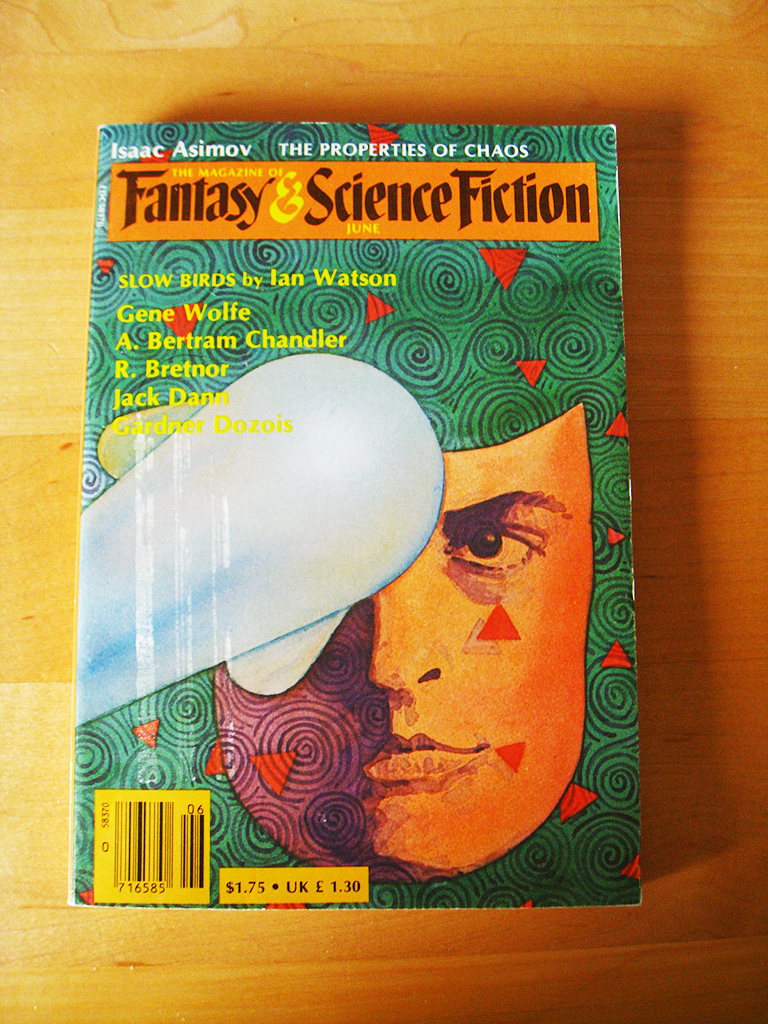Date read: 12.10.10
Read: Borders piracy
Reviewer: Emera
Quick skim after my interest was momentarily piqued by seeing the trailer for the upcoming movie adaptation. Alex Flinn‘s take on Beauty and the Beast casts Kyle Kingsbury, a New York prep-school prince with daddy issues, as the Beast. After playing a cruel prank on a (token subcultural) classmate, Kyle is horrified to discover that said classmate is, in fact, a witch, who proceeds to perform the requisite curse. Kyle is exiled by his father to an apartment in Brooklyn, where he sulks, is encouraged to read classics by his blind tutor, cultivates an interest in rose-gardening, obsesses over how he’s going to find someone to love him, and engages in mildly amusing repartee with a chatroom full of other modern-day fairy-tale characters. After an altercation with a drug addict, Kyle ends up welcoming into his mini-domain the addict’s daughter: one of his former classmates, a token scholarship student/girl named Lindy, who happens to like books and roses. You know where it goes from there.
For a book that’s supposed to be about learning not to rely on good looks and privilege, Beastly is distinctly concerned with, well – good looks and privilege. When Kyle first meets the witch, she’s described as an overweight Goth girl with a hooked nose and green hair. Luckily, when she reveals herself to Kyle as a witch, we learn that oh, actually, she has long eyelashes and a nice nose and a “hot” body. This is how we know she’s cool and powerful! And apart from his personality makeover, pretty much everything that Kyle accomplishes in the book (constructing a greenhouse and growing roses, buying a library’s worth of books for Lindy) is contingent on his still having access to his daddy’s credit card. Also, have a wise Latina (in the film version, magical negro) maid while you’re at it!
So yeah, I was not so much a fan, although I did find parts of Kyle’s voice and mannerisms surprisingly convincing, particularly his mixture of half-formed self-awareness and “buuut I couldn’t be bothered to give a crap about it” attitude, and some of his painfully telling remarks about his childhood perception of his father. The result is a character who balances depressingly realistic self-absorption and callousness with a believable eagerness to learn and do good.
I did appreciate Flinn’s obvious desire for readers to further investigate fairy tales and literature – the book is littered with references to other adaptations and parallel works, e.g. The Phantom of the Opera and The Hunchback of Notre Dame, and the afterword includes extensive recommendations for other fairy-tale retellings. If I could rewind, I might have read only the afterword, really, since I enjoyed her reflections on how she decided to approach the tale, particularly her observation that Beauty and the Beast can be read as two abandoned children united by circumstance. Nonetheless, I’m going to be incredibly predictable and recommend instead either of Robin McKinley’s retellings (Beauty or Rose Daughter; review of Beauty here) or, if you’re interested in the Beast’s perspective, Donna Jo Napoli’s Beast, whose historical and descriptive detail I remember enjoying.
Go to:
Alex Flinn: bio and books reviewed
Beauty, by Robin McKinley (1976) E
